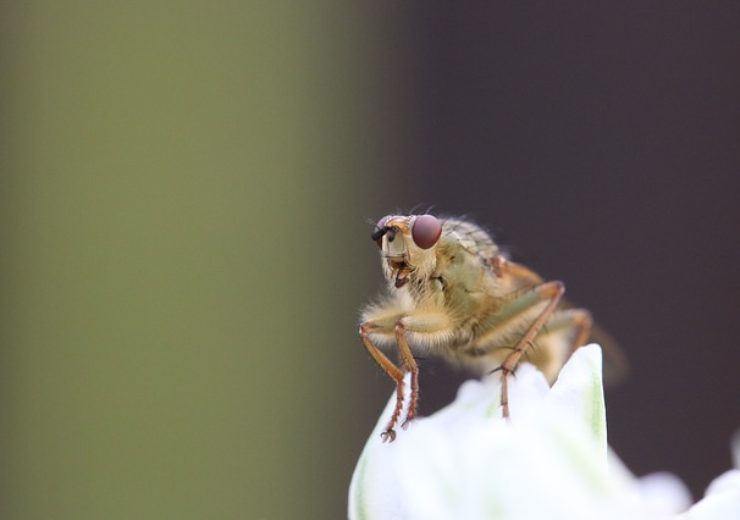The seed funding will help develop and commercialise Precision-Guided Sterile Insect Technology

The funds will help Agragene to expand its field trials of sterile insect technology to protect crops (Credit: Free-Photos from Pixabay)
Sustainable agricultural technology firm Agragene has secured $1.2m in a seed financing round from New York-based Ospraie Management’s venture arm Ospraie Ag Science (OAS).
The seed funding will allow Agragene to advance field trials and commercialisation of its eco-friendly alternatives to chemical pesticides.
Agragene CEO Gordon Alton said: “Ospraie’s broad industry knowledge and extensive connections will add enormous value as we commercially deploy our products. These funds will expand field trials of our sterile insect technology to protect crops.
“This paradigm shift in biological crop protection displaces chemical insecticides, reduces growers’ costs and is safer for the environment.”
Agragene will use the seed funding for the development and commercialisation of its Precision-Guided Sterile Insect Technology (pgSIT).
The pgSIT is an eco-friendly CRISPR-based approach, which helps to produce sterile male crop pests that mate with wild female crop pests.
A large ratio of sterile male spotted wing drosophila will be flooded in the field to generate unfertilised insect eggs, which produce no offspring and control the pest population.
The pgSIT products are safe for bees, birds and workers
The pgSIT products, which are applied via drone, are safe for bees, birds and workers, said the company.
Ospraie Ag Science senior partner Carl Casale said: “We see strong demand for targeted biological pest control to reduce costly chemical inputs for growers.
“It fits perfectly with our objective to invest in innovations that help farmers do more with less environmental impact. We are confident in Agragene’s team and look forward to supporting the commercialization of this groundbreaking technology.”
Based in San Diego of California, Agragene uses an advanced CRISPR-based genome engineering to engineer eco-friendly products that can be applied for thousands of insect pests across the world.
